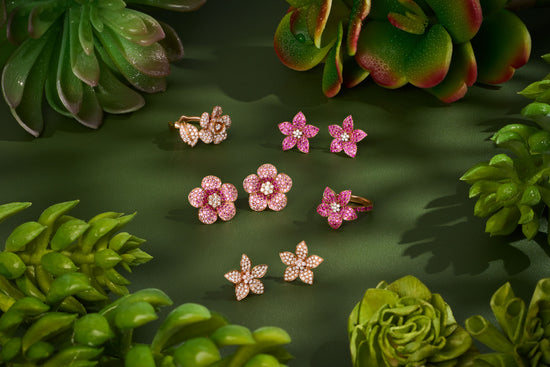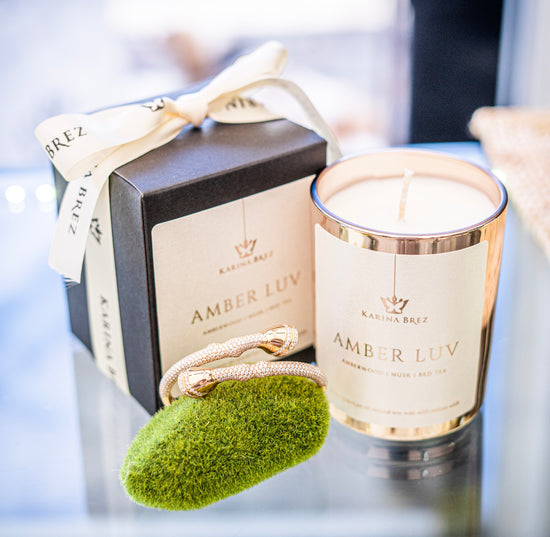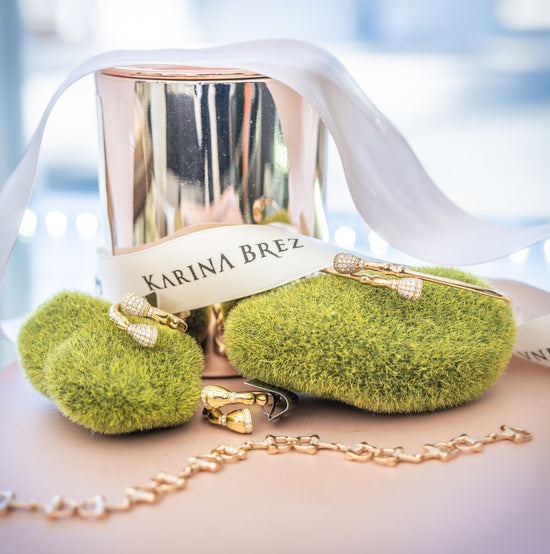When considering the oldest purebred horses in the world today, the Norwegian Fjord horse must be included in the conversation. Related to the Tarpan, it is believed that this breed has been domesticated for at least 4,000 years. This has led the breed to have a temperament that is willing, honest, and loyal when it comes to human interactions.
There are, however, some Fjord horses that can have a challenging personality and a certain stubbornness and aggressiveness that is difficult to control. This temperament variation can be attributed to crossbreeding efforts that occurred in the late 19th century.
The Failure of Adding Dole Bloodlines to Fjord Horses
In the late 1800s, it was decided to crossbreed Dole horses with Fjord horses to improve bloodlines. The goal was to make Fjord horses become sturdier as a breed and add some size and weight. This would make the Fjord horses more suited to agricultural work, which was in high demand at the time.
After a few generations of crossbreeding Doles with Fjords, a change in temperament began to be seen. The horses were becoming more stubborn, less willing, and more aggressive. Fjords were becoming bigger and stronger, but they were also becoming more difficult to manage. By 1907, it was decided to eliminate all Dole bloodlines from the Fjord breed so the temperament and coloration of the breed could be restored.
A purebred Fjord Stallion, foaled in 1891, was located and brought back into the breeding program for Fjord horses. During the last 12 years of his life, this stallion, named Njal, was essential to the restoration of the breeding program for Fjord horses. Every registered modern Fjord horse can trace its lineage back to this stallion.
In 1910, the first studbook would be created to continue stabilizing the breed. Since then, the temperament of the breed has generally stabilized as well, but you will, on occasion, find a hotblooded horse.
\nAnother published photo - one of my favorites!! This photograph was chosen for the new Norwegian Fjord Horse Foundation brochure!! ❤🦄 pic.twitter.com/7F1UxdagmT
— TJPhotography (@tjelenic_photo) April 2, 2017
What to Expect from a Fjord Horse
Fjord horses are very flexible, adapting to a variety of situations. They are often seen as a draft or working horse, but their quality of movement makes them suitable for virtually any circumstance. This is due to their high levels of intelligence, which can be seen in their large and expressive eyes.
The history of being with humans has led Fjord horses to seek out human attention as well. They have a gentle and kind nature which is quite sensitive to loneliness. If you leave a Fjord horse to their own devices during the day, one can expect to have a “snuggle horse” that night. Fjords have a lot of charm and a willingness to work, but this tends to take a back seat to social interactions.
Fjords like to have attention first and then they’ll get to work.
This breed is also generally calm and cooperative. They tend to think before they react, which makes most of them very difficult to spool. This makes them a dependable ride for anyone of any age or skill level.
Fjords are also quite sensitive to the needs of the people who are working with them. This makes the breed an ideal horse for therapeutic riding and experiential work. Some of the horses are so gentle and willing, in fact, that some people believe that you don’t need to train the horses at all. They are referred to as being “born broke.”
Fjord horses might generally be non-threatening, but they have the same instincts of any other horse. Their sensitivity can also create long-term feelings that can lead to unwanted behaviors, especially if the horse feels like it is being mistreated in some way.
Good, consistent training is the key to unlocking the full potential of this breed. This will help you to have a horse that is amiable and willing, especially if you’re looking for a riding or driving horse.
\nI quite like the lighting in this picture of a shoot of a fjordhorse. pic.twitter.com/4hd5TT3nYL
— Buy & Stream SOTT! (@harrylou_t) December 1, 2016
Does Coloration Affect Fjord Horse Temperament?
One of the most striking characteristics of the Fjord horse is its coloration. Every Fjord horse is a dun variation and will have some primitive markings. There are 5 different color variations: brown, red, white, grey, and yellow.
Most Fjord horses are brown dun. Some estimates suggest that up to 90% of all Fjords are this color. They have horizontal stripes on the legs, a dark stripe down the mane’s center, and a dorsal stripe. Some can also have dark spots on the thighs, cheek, or stripes over the withers because of the genetic influence of Njal on the breed.
Fjords that are a red dun tend to have a yellowish sheen to their coat. Their primitive markings are darker than the coat. Some foals may even have white hooves, though they tend to darken with age.
Grey dun coats are not a true grey, but instead more of a black dun. The final color can vary from slate to sliver, with the markings trending lighter than the coat. The muzzle is often darker on a grey dun instead of lighter on the other variations.
Yellow dun is the rarest color, sometimes referred to as the “Palomino Fjord.” These horses are yellow and white, with the primitive markings being a more pronounced yellow color.
White dun is more of a buckskin color than an actual white since it is a combination of a cream gene with the standard brown dun. This is the coloration that used to be the breed standard until the improvement programs were started with this breed.
There is some thought that the coloration and gene combinations of the Fjord horse can have an influence on the temperament, but this isn’t the case. Fjords are very individualistic as a breed, so you’ll have distinctive personalities shine. Some horses are friendlier than others. Some are more willing to work than others. For the most part, the temperament is consistent across all colors and genetics.
The exception to this rule are Fjord horses that may not qualify for the registry because of their genetics. When there is Dole bloodlines associated with a horse’s lineage, then you’ll see more of a hotblooded temperament. These horses tend to be more stubborn, less willing to work, and have higher levels of energy. It should be noted that many would not consider a horse like this to be a Fjord horse.
The Fjord horse temperament makes it the perfect family horse in almost any circumstance. These horses are calm, willing to work, and sensitive to the emotional needs of their owners, riders, and trainers. They are also somewhat self-sufficient, even though many have high social needs. If you’re looking for a best friend for life and you love horses, then a Fjord horse is going to be one of your top options.




